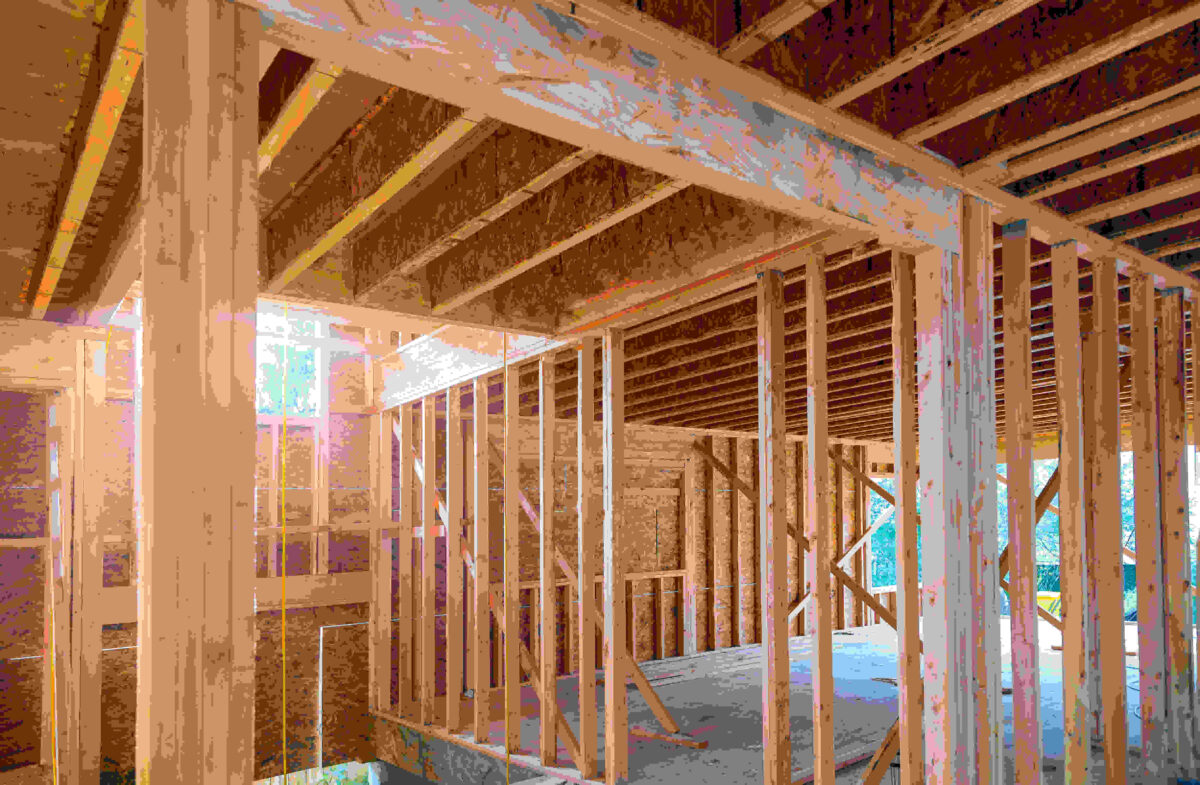
New home construction projects are ambitious undertakings, filled with excitement and anticipation. However, they can also be fraught with disputes that can derail progress and lead to costly legal battles. Read this blog and reach out to our Florida construction attorneys to learn about the most common disputes in new home construction and how our legal team can help resolve them.
Why Do Disputes Arise in New Home Construction?
Disputes in new home construction often stem from miscommunication, unmet expectations, or breaches of contract. The complexity of construction projects, involving multiple parties and numerous stages, creates ample opportunities for conflicts to emerge. Ensuring clear communication and thorough documentation can mitigate some of these issues, but disputes can still occur.
What Are the Most Common Disputes in New Home Construction?
New home construction disputes vary widely, but some issues arise more frequently than others. Here is a detailed list of the most common disputes in new home construction:
- Delays in Project Completion: One of the most common disputes involves delays in completing the construction project. These delays can be caused by various factors, such as weather conditions, supply chain issues, or mismanagement. Homeowners may become frustrated if their new home is not ready by the expected move-in date, leading to disputes over responsibility and compensation.
- Cost Overruns: Unexpected increases in construction costs can lead to significant disputes between homeowners and contractors. These cost overruns can result from price increases in materials, unforeseen complications, or changes to the project scope. Homeowners may argue that the contractor should have anticipated these costs, while contractors may claim that the additional expenses are unavoidable.
- Defective Workmanship: Poor quality construction or defective workmanship is another common source of disputes. Issues such as uneven flooring, leaky roofs, or improper installation of fixtures can lead to dissatisfaction and demands for repairs or compensation. Determining whether these defects are due to the contractor’s negligence or other factors can be contentious.
- Contract Discrepancies: Disputes often arise from misunderstandings or disagreements about the terms of the construction contract. These discrepancies can involve payment schedules, scope of work, or specific contract clauses. Clear, detailed contracts and thorough documentation are essential to prevent such disputes.
- Change Orders: During the construction process, homeowners may request changes to the original plans. These change orders can lead to disputes over additional costs, delays, and the feasibility of incorporating the changes. Contractors and homeowners must communicate clearly and agree on how to handle change orders to avoid conflicts.
- Permit and Zoning Issues: Obtaining the necessary permits and adhering to local zoning regulations can be a significant source of disputes. If a project violates zoning laws or lacks proper permits, it can result in legal action, fines, or project delays. Both contractors and homeowners must ensure compliance with all relevant regulations.
- Payment Disputes: Disagreements over payments are common in new home construction projects. Contractors may claim that they have not been paid for completed work, while homeowners may argue that the work was not performed to the agreed-upon standards. Clear payment terms and conditions in the contract can help mitigate these disputes.
- Subcontractor Issues: Many construction projects involve multiple subcontractors, which can complicate the process. Disputes can arise if subcontractors fail to perform their work correctly or on time. Coordinating between various parties and ensuring accountability is crucial to prevent such conflicts.
If you have further questions or are currently facing a construction dispute, please don’t hesitate to contact Ansbacher Law for guidance today.

